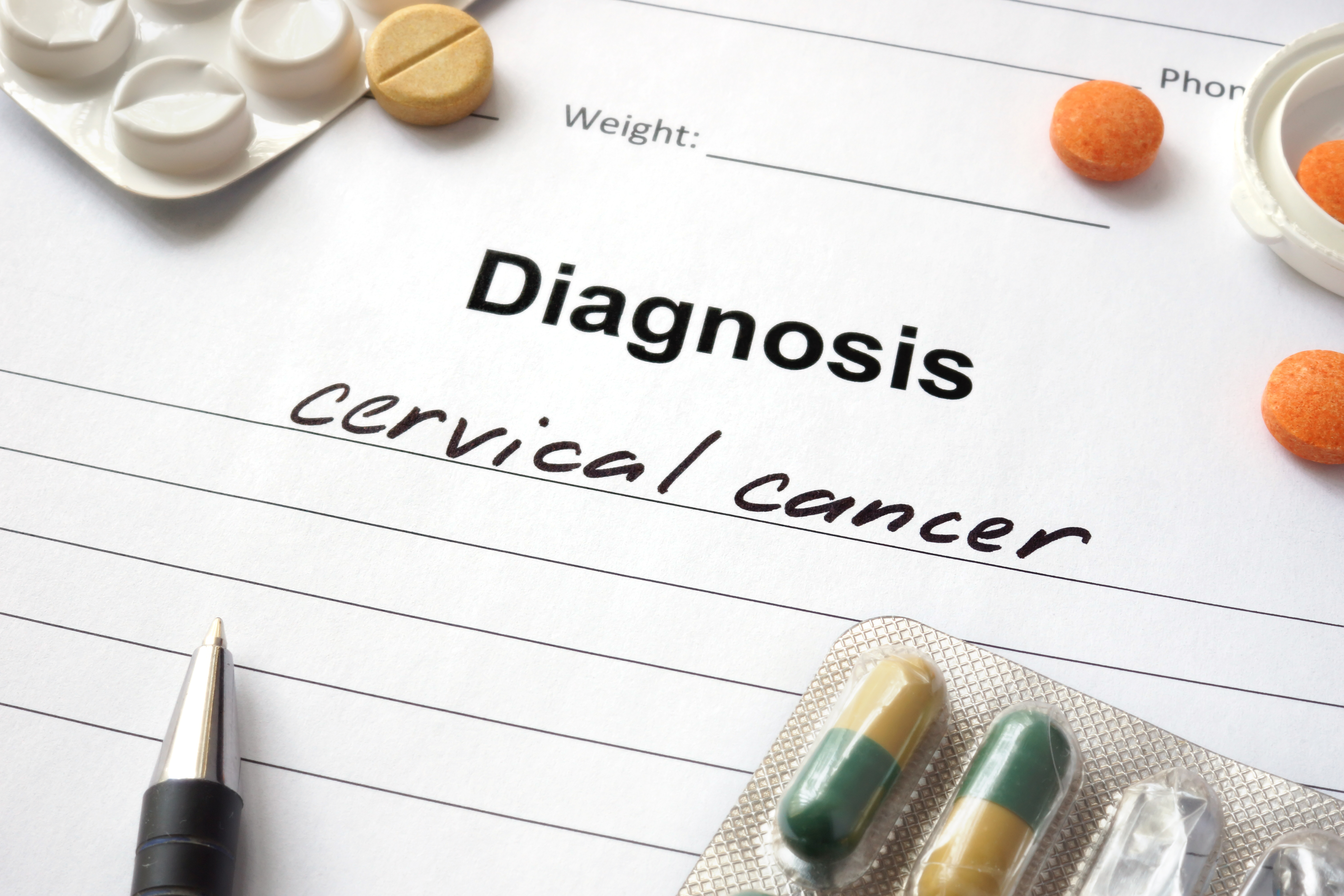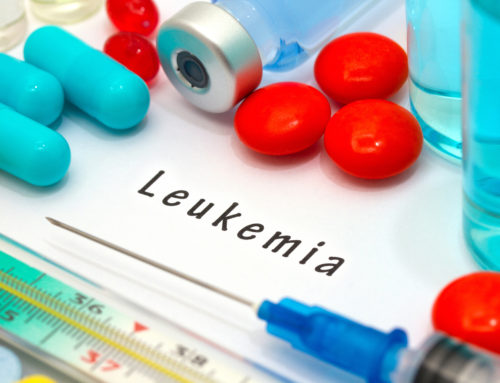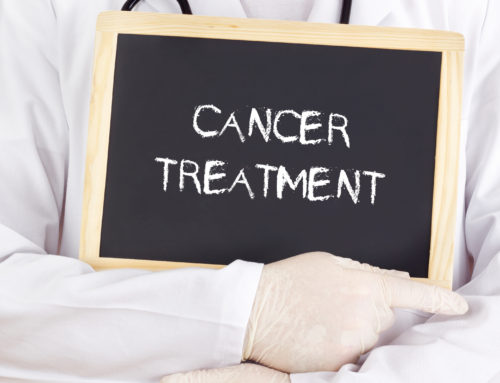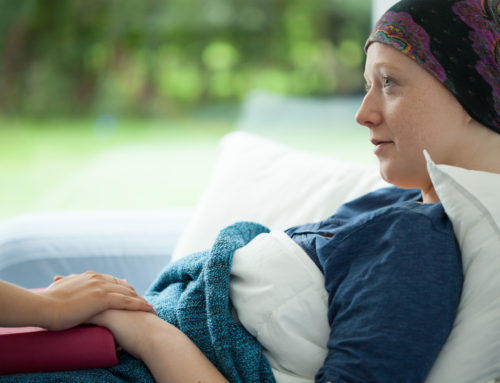One in three (32 per cent) women over 50 do not think cervical screening (smear tests) are part of the healthy upkeep of a woman’s body, and almost one in four (22 per cent) do not think they are important to have regularly according to new research by Jo’s Cervical Cancer Trust and Gransnet.
Adding to concern, a worrying one in three (33 per cent) have delayed or not attended this potentially life-saving test, with an average delay of 26 months and one in 10 (10 per cent) delaying for over five years.
During Cervical Screening Awareness Week (13th to 19th June), Jo’s Cervical Cancer Trust, the UK’s only dedicated charity for women affected by cervical cancer and abnormalities, wants to highlight the worrying lack of understanding of cervical cancer and cervical screening among women over 50.
Cervical screening provides the best protection against cervical cancer, a disease that can be prevented and the charity wants to see eradicated.
The latest statistics show incidences of cervical cancer in the UK have risen from eight diagnoses every day to nine each day, meaning that 3,207 women a year now face a diagnosis. Adding to concern, new modelling work commissioned by Jo’s Cervical Cancer Trust has uncovered a ticking time bomb: incidences of cervical cancer are set to rocket if current uptake of cervical screening remains the same. By 2040, incidences will have increased by 16 per cent among 60 to 64-year-olds and 85 per cent among 70-74-year-olds. A 100 per cent increase in mortality among 60-64 year olds is also a very real threat rising to a massive 117 per cent if screening uptake continues to decline and falls by another five per cent.
Further findings from the survey of over 1,000 women aged over 50 found:
- Almost half (46 per cent) do not agree or do not know the Human papillomavirus (HPV) (the cause of almost all cases of cervical cancer) is common
- One in five (21 per cent) do not agree or do not know that regular cervical screening reduces the risk of cervical cancer
- Of those who have delayed screening, 32 per cent find it embarrassing, 25 per cent find it hard to book an appointment at a convenient time, 20 per cent have had a previous bad experience and 19 per cent find it painful since being older (16 per cent since the menopause in particular)





